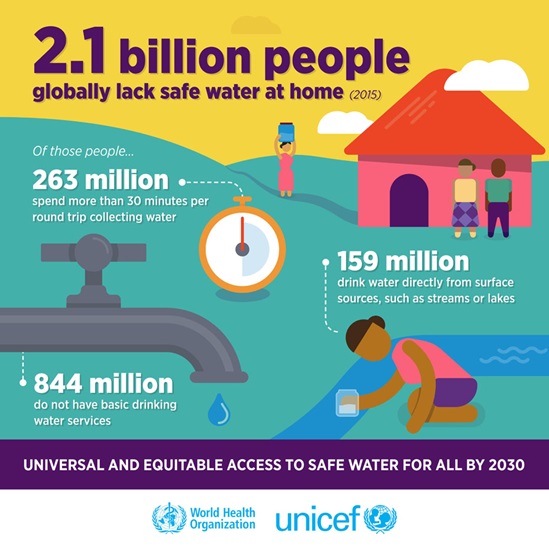Young boy drinks water Nine year old Jawaad, who is drinking water from the well pump, says: “In the past, I could not use this water properly.” 5 May 2015. Balkh District, Balkh Province, Afghanistan. National Emergency Rural Access Program. Rehabilitation of 2.495 Km road and drainage structure from Balkh Sheberghan Main Road to Temor Sarai. Photo: Abbas Farzami / Rumi Consultancy / World Bank
Investing in WASH as a core element of health emergency preparedness, response and recovery
Emergencies are becoming more complex and affecting more populations than ever before. Climate change, natural disasters, growing inequities and urbanization all contribute to the record 65 million people who have been forced from their homes. COVID-19 is further exacerbating existing emergencies and contributing to growing inequities.
In addition to addressing COVID-19, WHO is coordinating a global health response to events in 27 countries, with dozens more dealt with at the regional level. Whether a natural disaster (i.e. hurricane), a conflict, migration/refugee-related or a disease outbreak, and in many cases a combination of the above, WASH is an important element in both of preparedness and response and for preventing and mitigating the impacts of future health emergencies.



